Welcome to our “Ask Dr. Paola” series, where every Monday we bring expert advice straight from Dr. Paola Cuevas (MVZ) to help our readers better understand their cat’s health and well-being.
Whether you’re a new pet parent or a seasoned cat lover, Dr. Paola is here to provide answers to your most pressing questions. From nutrition tips and preventive care to troubleshooting common behavioral issues, Dr. Paola is ready to offer insights that will keep your kitty happy, healthy, and feline fine. Stay tuned for expert guidance on a range of topics that matter most to you and your cat, so you can make informed decisions and provide the best possible care for your furry companion.
Have a question? Send it in here!

Help! My Cat Has a Bad Reaction to Moving!
“Hi Dr Paola,
About a month ago, I moved abroad with my 2-year-old tuxedo cat, called James Connolly. The travel day was difficult, but he dealt so well. For about a week, things were chaotic, but he seemed curious about the new place and was his usual cuddly self, sleeping with me and playing.
Then we had to go to the vet to have him registered, which was horrific. He fought with all his might, and I was afraid I had hurt him trying to get him in the box. Since then, he changed. He hides all day, he’s afraid of voices outside, and he doesn’t go into my bed or onto my lap. I was afraid it was me, but I’m not sure. He eats treats and started giving me some headbutts, but it looks like he had a delayed reaction to the move. What can I do?” – Sarah
Hey Sarah,
It sounds like you’ve both been through quite a whirlwind, and I want to reassure you that what you’re seeing is, unfortunately, not uncommon in cats after a significant life change. Cats are deeply territorial animals, and while James initially showed curiosity, the combination of travel stress, a new environment, and especially the traumatic vet visit may have overwhelmed his coping threshold. Think of his comfort zone like a bank account: he had some resilience saved up at first, but the vet experience may have withdrawn more than he had left emotionally.
The fact that he still eats treats and is offering headbutts again is great news. These are small but meaningful signs that trust is being rebuilt. Right now, the goal is to let James regain his sense of control and predictability. Avoid forcing interactions, and instead offer him options like safe hiding spots in different rooms, quiet play sessions at his pace, and consistent routines. Use soft, familiar scents like an unwashed shirt of yours near his favorite spot, and consider placing synthetic feline pheromone diffusers in your new home, which help cats feel comfortable in a new space and have shown efficacy in easing stress-related behavior.
If the retraction continues or escalates, give us a call at PangoVet. We would be happy to guide you through a tailored plan with desensitization steps to support his adjustment. With patience, James will likely come back to you in his own time.
Best,
– Dr. Paola

If you'd like to talk with a vet, like Dr. Paola or one of our other expert veterinarians, you can head over to PangoVet. It's our online service where you can talk with a vet online and get the advice you need for your cat — all at an affordable price!
Catster reader exclusive deal: Save 65% on your first call, use code ASKDRPCATSTER65 at checkout.

Help! My Cat Pulls Their Fur Out When Cleaning Themself!
“Dear Dr. Paola,
When Mr T cleans himself, he pulls his fur out. He has several bald spots. How can I help him?” – Mary
Hi Mary,
When a cat like Mr. T is grooming to the point of creating bald spots, we are likely dealing with a condition called overgrooming (or more technically, psychogenic alopecia), if no medical cause is found. However, before we consider a behavioral origin, it’s essential to rule out medical conditions. Common causes include external parasites like fleas or mites, skin allergies, fungal infections such as ringworm, or pain in a specific area. Sometimes, cats will lick over a joint that is arthritic or a spot that is uncomfortable, similar to how we might rub a sore muscle.
If you’ve already ruled out parasites and infections with your vet, then this behavior may have become a way for Mr. T to self-soothe. Overgrooming due to stress is not unlike a person biting their nails. Triggers might include changes in the environment, boredom, anxiety, or even conflict with another pet. Identifying the cause and helping him feel secure is key. Providing structured play, vertical spaces, predictable routines, and possibly even a pheromone diffuser can help. Still, because bald spots mean the behavior is already affecting his skin health, I recommend a veterinary evaluation to ensure there’s no underlying discomfort. If taking him to the vet is complicated, consider calling us at PangoVet. We can help you assess whether a full in-clinic visit is needed or if you can try environmental and behavioral management first.
Sincerely,
– Dr. Paola

Help! My Cat Keeps Scratching at the Couch!
“Hello Dr. Paola,
How do I get my cat Binx to stop scratching at my couch?“ – Melissa
Hi Melissa,
This is such a common concern, and I’m glad you’re asking! I am sure many of our readers will identify with their cats scratching their sofa. First, we should understand that scratching is a completely normal and necessary behavior for cats. They scratch to stretch, condition their claws, and mark territory, both visually and through scent glands in their paws. Therefore, the goal isn’t to stop the scratching but to redirect it in a way that works for both of you.
Start by offering Binx an attractive alternative scratching surface near the area he’s targeting. Many cats prefer vertical sisal posts or horizontal cardboard scratchers, so try a couple of textures and orientations to see what he likes best. Placement matters; to start, the new post should be right next to the couch since that’s where he feels the urge. You can encourage him to use it by rubbing a bit of catnip on the post or dangling a toy nearby to get him interested. Offer him a treat whenever he uses the designated scratcher, and when he is consistently using it, you can gradually move it to a more convenient spot.
At the same time, you want to make the couch less attractive by using furniture-safe deterrents like double-sided sticky tape or a temporary cover that changes the texture. For some cats, aluminium foil works.
If Binx goes back to scratch the sofa, avoid punishment, as it can damage your bond and make him anxious. With consistency and positive reinforcement, Binx will learn that scratching his post is just as satisfying and gets your approval, too.
You’ve got this!
– Dr. Paola
- Read last weeks questions here – August 11, 2025
- Find the full list of past articles here
- Click here to submit a question
- Sign up for our weekly newsletter below to get Dr. Paola’s advice sent straight to your inbox




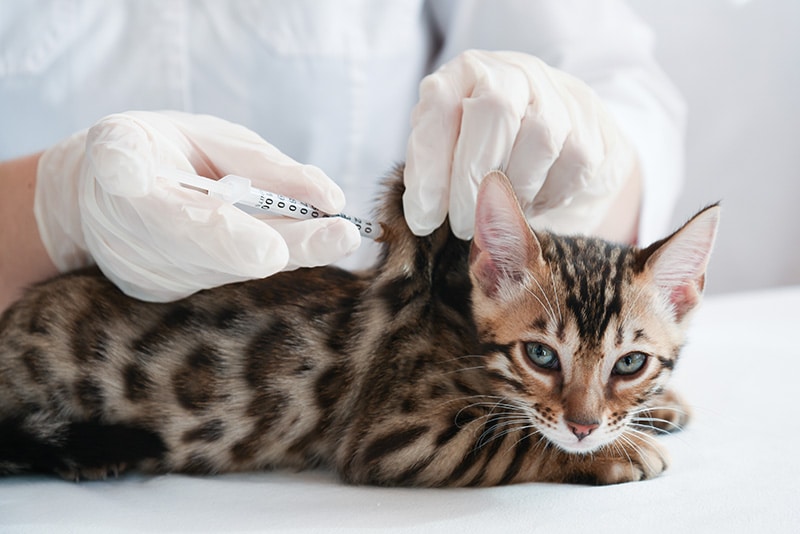
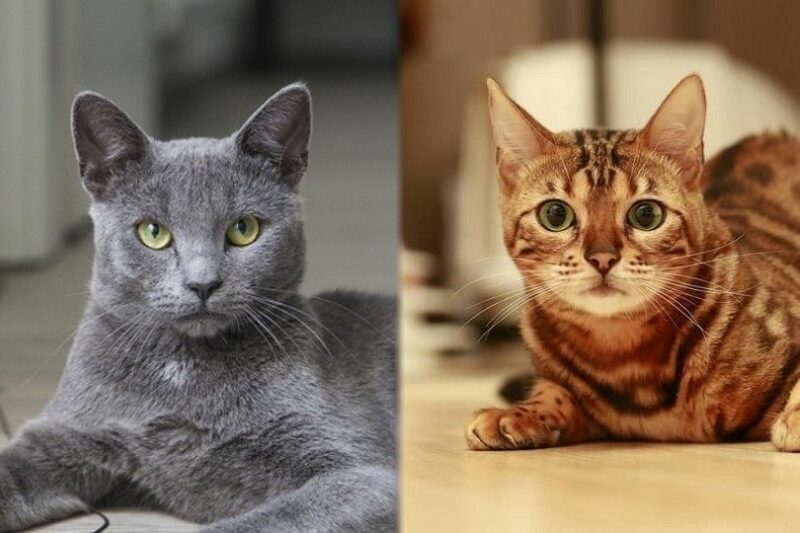

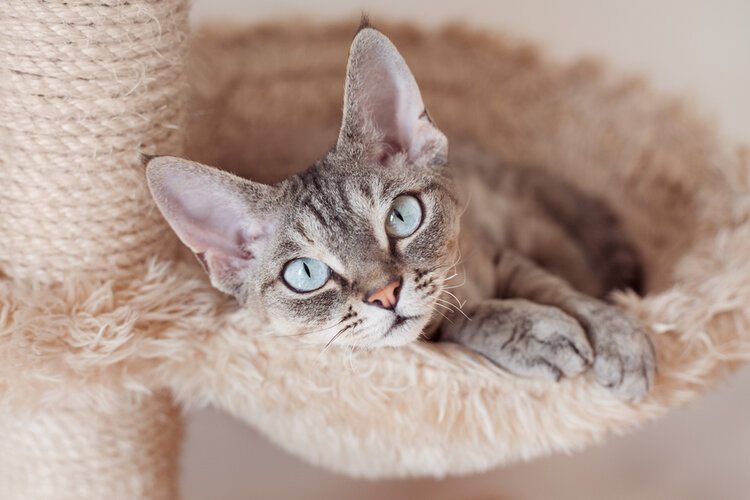







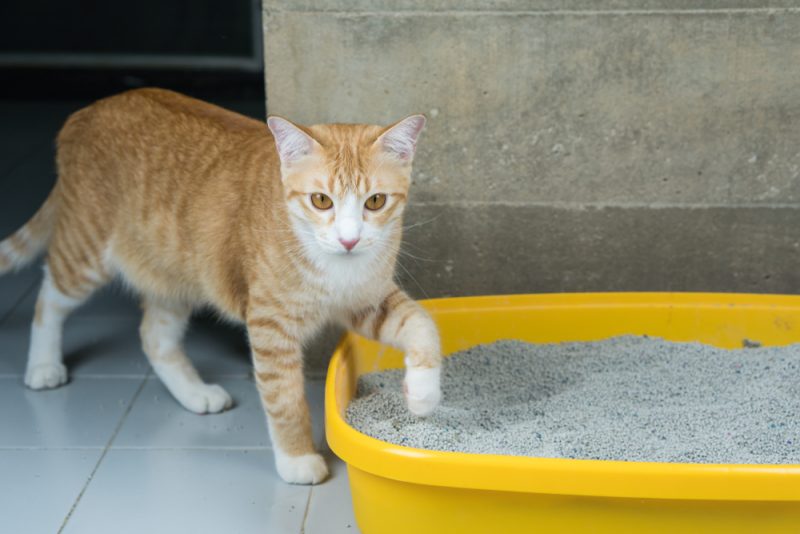



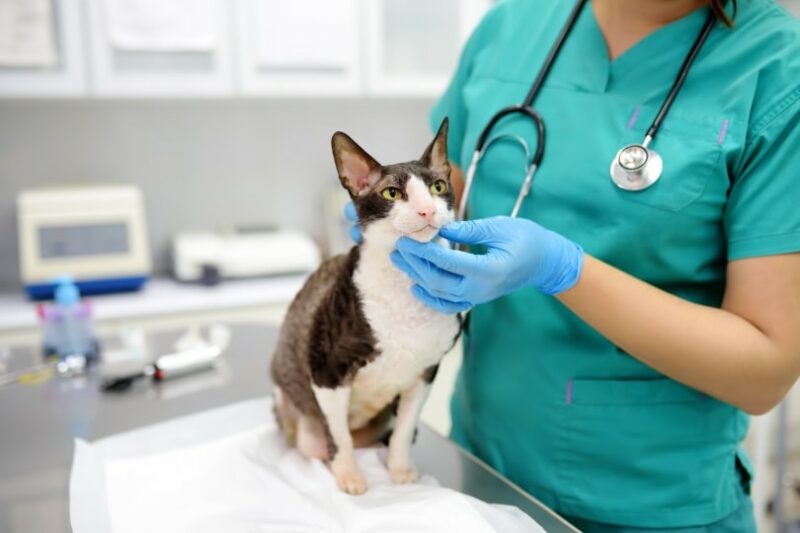



3 Responses
For Melissa,
I had this problem with my cats until I learned they do not scratch velvet furniture! I slowly replaced my couch and chairs and do have scratching posts for them.
They have never scratched the couch and chairs.
For Melissa
My cat was scratching the sofa and I found that clear heavy duty packing tape stopped her. And the good part is it is not noticeable and stays on for a long time.
Thanks, Mary!